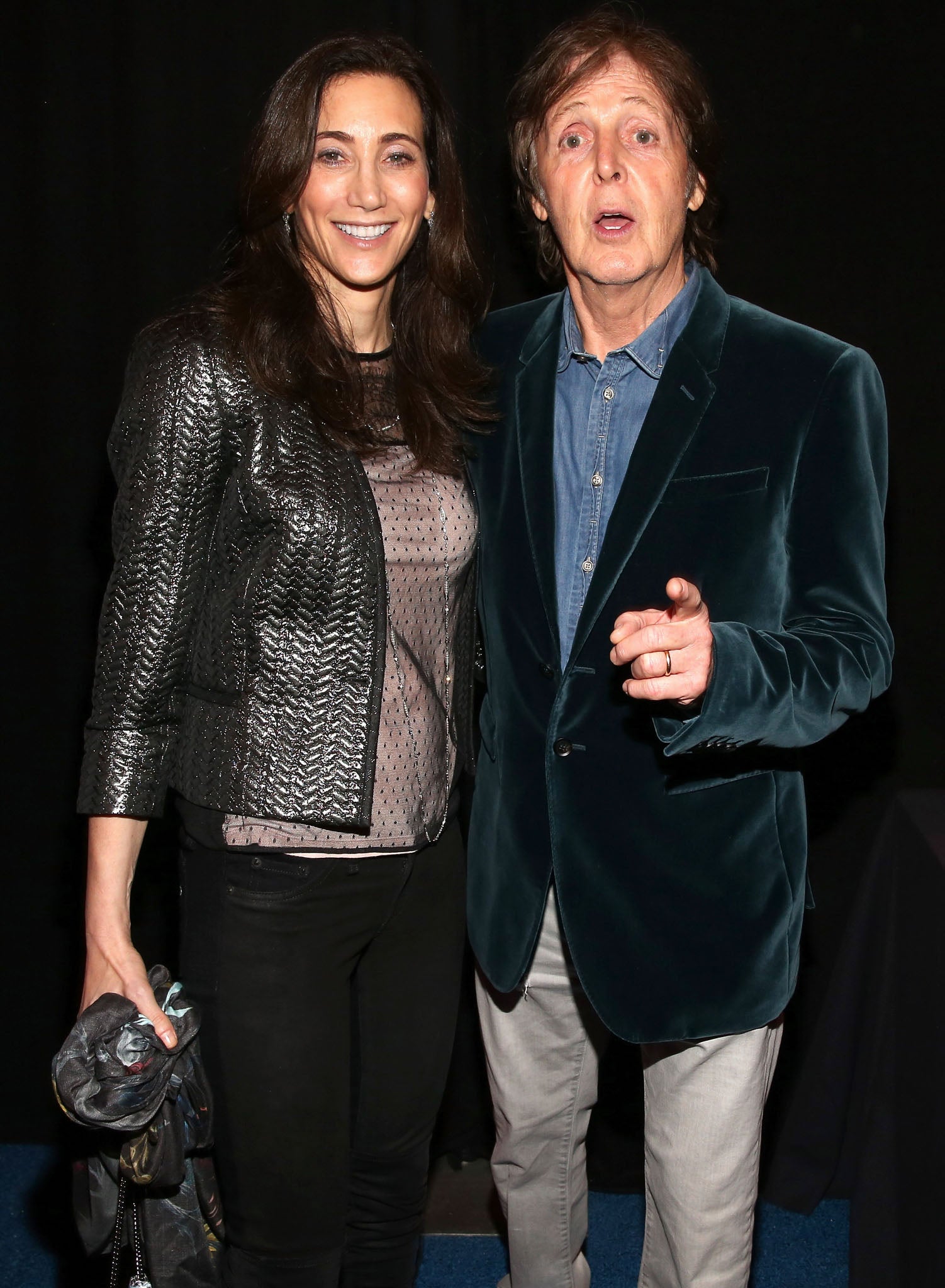Sir Paul McCartney: I tried to turn 'Yesterday' into a piece of early electronica

Your support helps us to tell the story
From reproductive rights to climate change to Big Tech, The Independent is on the ground when the story is developing. Whether it's investigating the financials of Elon Musk's pro-Trump PAC or producing our latest documentary, 'The A Word', which shines a light on the American women fighting for reproductive rights, we know how important it is to parse out the facts from the messaging.
At such a critical moment in US history, we need reporters on the ground. Your donation allows us to keep sending journalists to speak to both sides of the story.
The Independent is trusted by Americans across the entire political spectrum. And unlike many other quality news outlets, we choose not to lock Americans out of our reporting and analysis with paywalls. We believe quality journalism should be available to everyone, paid for by those who can afford it.
Your support makes all the difference.Sir Paul McCartney has revealed how he had planned to get the musical pioneer behind the Doctor Who theme to make one of The Beatles' most famous songs, "Yesterday", into an early piece of electronica.
He told how he approached Delia Derbyshire from the BBC Radiophonic Workshop to work on the song, even visiting her home, after showing an interest in experimental music.
Sir Paul spoke about the historic collaboration that might-have-been in a new interview with Q magazine.
Derbyshire is hailed as a hugely important figure in electronic music, working with synthesisers and tape loops to create groundbreaking sounds. Her work on the Doctor Who theme famously meant the composer Ron Grainer barely recognised his own tune.
Sir Paul said of their encounter: "I even found out where Miss Derbyshire lived, and went round to visit her. We even went into the hut in the bottom of her garden.
"It was full of tape machines and funny instruments. My plan in meeting her was to do an electronic backing for my song, 'Yesterday'.
"We'd already recorded it with a string quartet, but I wanted to give the arrangement electronic backing."
Derbyshire - who died in 2001 at the age of 64 - studied maths and music at Cambridge and had been fascinated by the possibilities of sound. As well as her work with the Radiophonic Workshop, she also recorded with the futuristic groups Unit Delta Plus and White Noise.
Derbyshire's work went on to share a bill with The Beatles when it featured at an event for London's underground scene which featured an airing for the Fab Four's experimental track Carnival Of Light, which has never been released.
Enjoy unlimited access to 100 million ad-free songs and podcasts with Amazon Music
Sign up now for a 4 month free trial (3 months for non-Prime members)
Enjoy unlimited access to 100 million ad-free songs and podcasts with Amazon Music
Sign up now for a 4 month free trial (3 months for non-Prime members)
Sir Paul does not explain why his hoped-for electronic version did not happen in the interview with the new edition of Q, which is out on Tuesday.
But he spoke of his love of experimentation: "The Radiophonic Workshop, I loved all that, it fascinated me, and still does.
"But there came a time when John (Lennon), because of his association with Yoko and the avant garde, became thought of as the one who turned us all on to that. But that early era was more mine."
Yesterday is famously one of the most covered songs of all time and was the first Beatles recording to feature just a sole member of the group. He played an Epiphone Texan acoustic guitar and was backed by a string quartet of viola, cello and two violins, with a score by Sir George Martin.
The track was released on the 1965 album Help! and by the following year The Beatles were working on their own sound experiments, such as the backwards loops of Tomorrow Never Knows. They went on to use synthesisers on a number of tracks on their Abbey Road album, released in 1969.
Today marks the 50th anniversary of the release of the band's debut album Please Please Me.
PA
Join our commenting forum
Join thought-provoking conversations, follow other Independent readers and see their replies
Comments